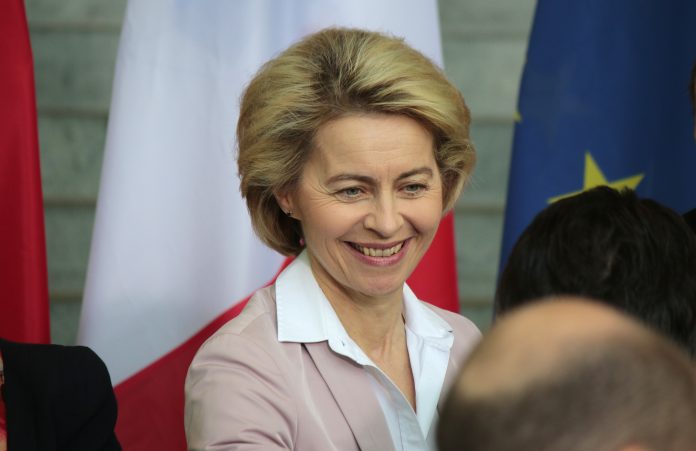The new European Commission should have been in place on 1 November, but will actually ascend on 1 December: What happened to set them back one month?
With hearings that continued until mid-November, the incoming European Commission for 2019-2024 stands prominently on the edge of the screen.
What happened to the French Commissioner nominee?
The European Commission, executive branch of the European Union (EU), consists of 27 commissioners who are elected by one country each. President-elect, Ursula Von der Leyen, suffered the time setback when the French nominee, Sylvie Goulard, was rejected after her hearing. The Romanian and Hungarian candidates also faced these issues.
She was to inherit an immense Internal Market portfolio (filled with prizes such as control over industrial policy, defence and tech) negotiated by President Macron with the EU Commission. However, her ethics during time working in a think tank and ambiguous financial integrity were key issues for The Parliament’s internal market and industry committees.
82 Committee members voted against Goulard, in a secret ballot that reverberated throughout the EU.
The previous special relationship between France and Brussels appears to be slightly less so, with his European affairs minister, Amélie de Montchalin, describing this move as a “major institutional crisis.” The implications for future policy-making between high level EU leaders is yet to be seen.
Touching base with the idea of substance over politics, Christel Schaldemose, coordinator for the internal market committee for the center-left Socialists & Democrats group, said:
“This is not just a political game, there have been some serious questions about her integrity, some serious questions about her portfolio.”
Who replaced Sylvie Goulard?
France put forward Thierry Breton for their next commissioner-delegate, has been grilled by the Committees twice, the last time being on 14 November. He was subsequently approved by MEPs, who had concerns during the first hearings about his potential bias from an extensive private sector background, via his last professional role in his tech company, Atos.
He has been given the previously designed portfolio, which comprises of key digital policy that touches on space and defence. Breton appears to resist creating AI policy in the first 100 days, which is another issue that the EU politicians are concerned about.
Breton said:
“I am not saying we will have regulation on AI in the first 100 days. I won’t be the voice of regulation on AI.”
An individual working for Macron emphasised that private sector experience in the industry affected by the policy was a welcome addition to the pool of “career politicians”.
What will happen to the EU Commission next?
On 21 November, the process of examination was ruled to be complete. The EU can look forward to 27 November, on which President-elect Ursula von der Leyen is going to bring the newly approved Commission team and their ideas after a debate. If there’s a simple majority, that team takes over on 1 December. If not, more picking and choosing ensues.
Meanwhile, in the aftermath of a Brexit extension, Von der Leyen invited the UK to send a commissioner-designate of their own. This was met with a refusal, which has lead to disciplinary action being undertaken against the UK.
It came as the European Commission launched infringement proceedings against the UK for not putting a commission candidate forward.
Johnson’s spokesman said:
“The UK meets its legal obligations, and our officials remain in regular contact with the president-elect’s team.”




![Europe’s housing crisis: A fundamental social right under pressure Run-down appartment building in southeast Europe set before a moody evening sky. High dynamic range photo. Please see my related collections... [url=search/lightbox/7431206][img]http://i161.photobucket.com/albums/t218/dave9296/Lightbox_Vetta.jpg[/img][/url]](https://www.openaccessgovernment.org/wp-content/uploads/2025/04/iStock-108309610-218x150.jpg)






